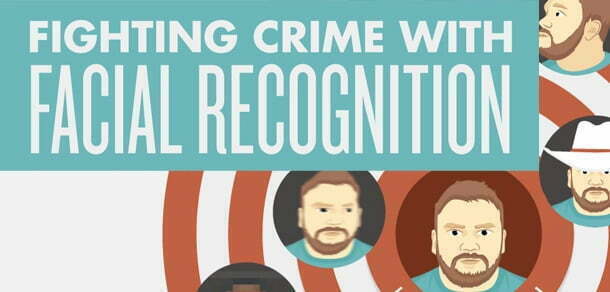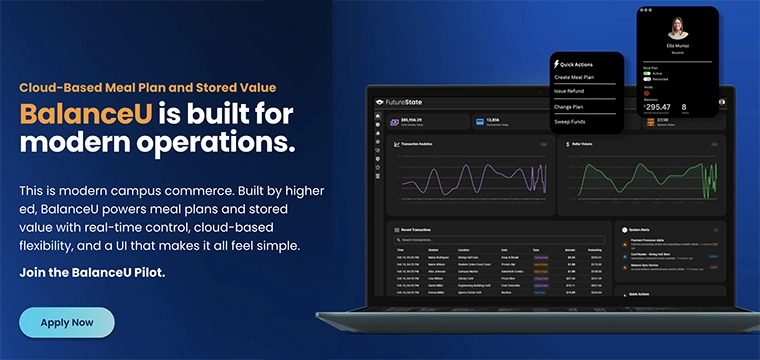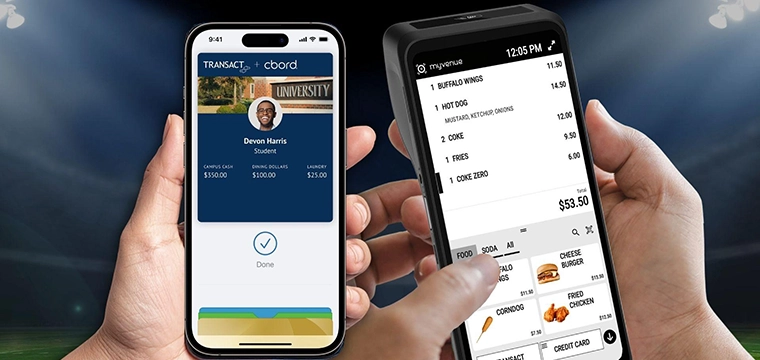
In the aftermath of the Boston Marathon bombings, news outlets reported that facial recognition systems were not of much help in identifying the suspects from surveillance footage.
Since the Sept. 11, 2001 terrorist attacks facial recognition has been both touted as a magic bullet for spotting terrorists in a crowd and derided as an invasion of privacy. In truth, the technologies true application lays somewhere in the middle.
In the past 12-years facial recognition’s accuracy has vastly improved but it still has trouble with poor quality images, such as those gathered from surveillance footage. But in controlled conditions the technology can be accurate.
“Facial recognition is a powerful tool in the right circumstances and it continues to advance in its ability to support law enforcement investigations,” said Bob Eckel, CEO of MorphoTrust.
MorphoTrust released a graphic that depicts the best uses of facial recognition. The company’s biometric technology is used by the U.S. Department of Defense, Federal Bureau of Investigation and the Transportation Security Administration, as well as by state motor vehicle agencies and local law enforcement agencies.
Many state driver license issuer’s use facial recognition technology to spot individual’s applying for multiple licenses under different names.
Other successful deployments include:




